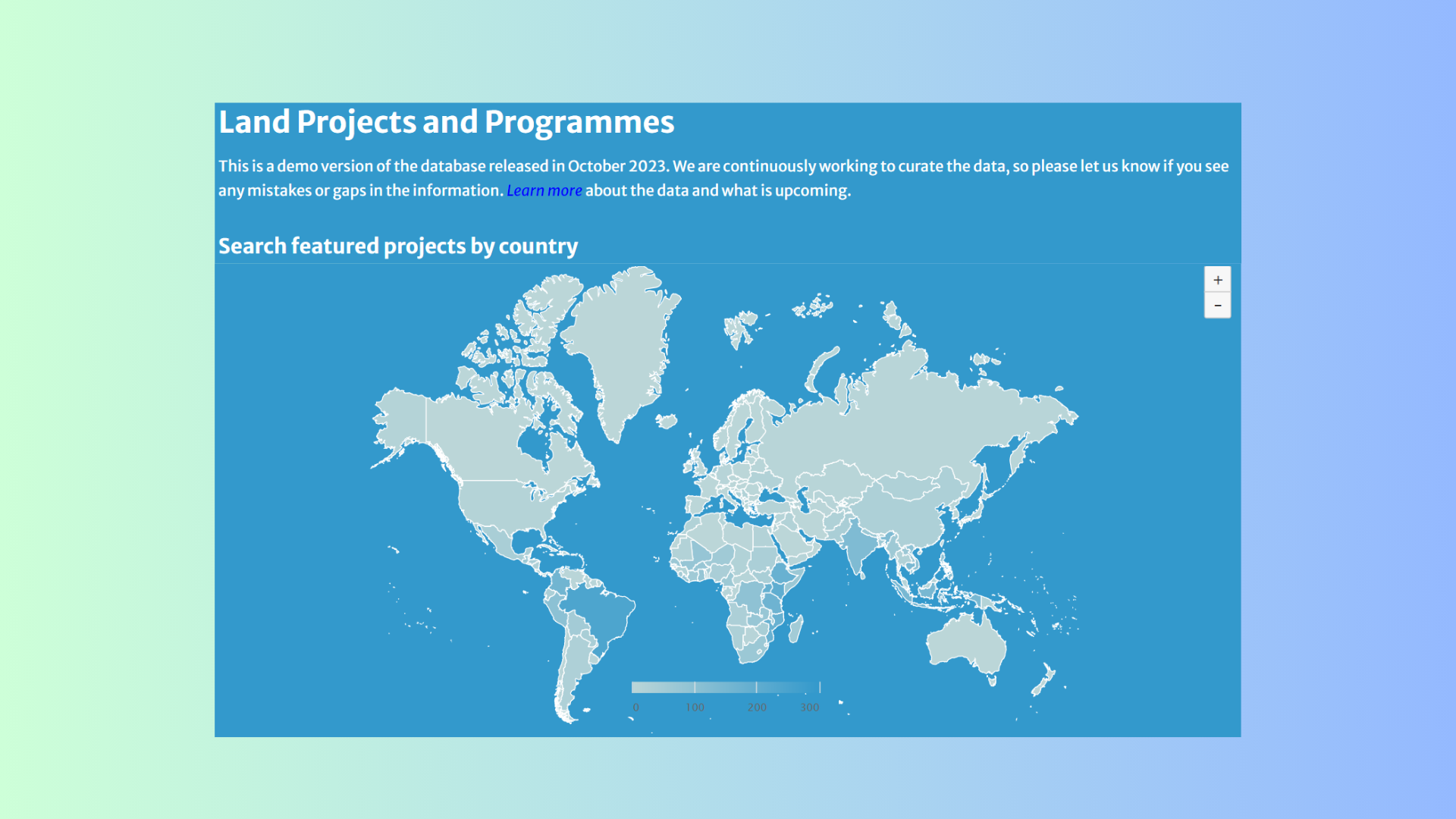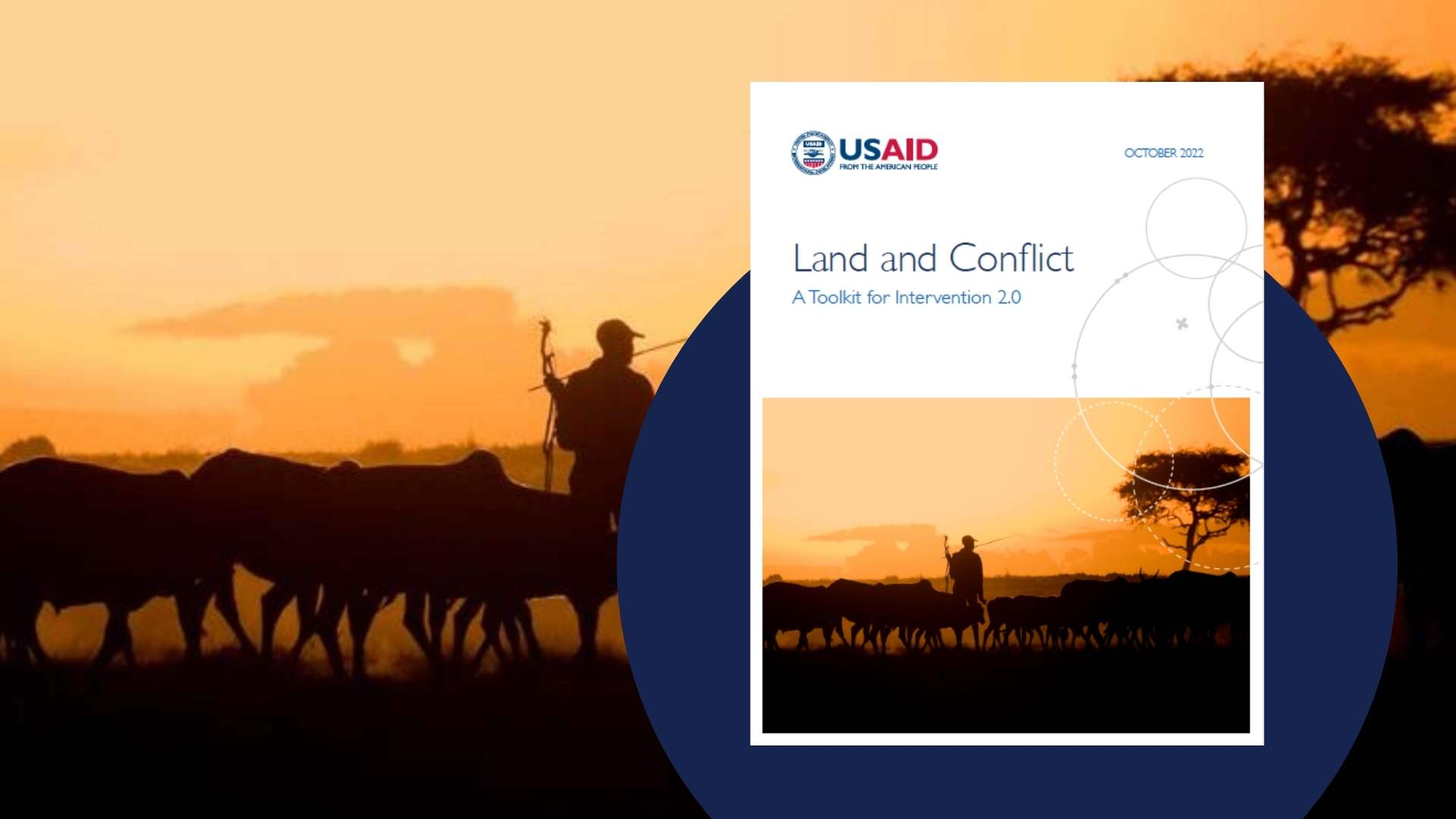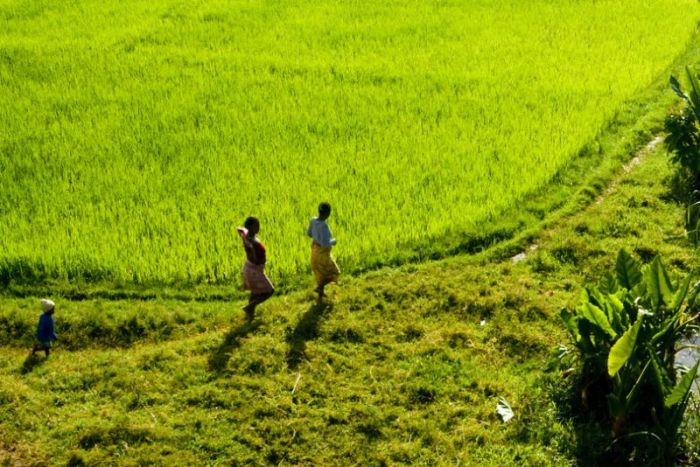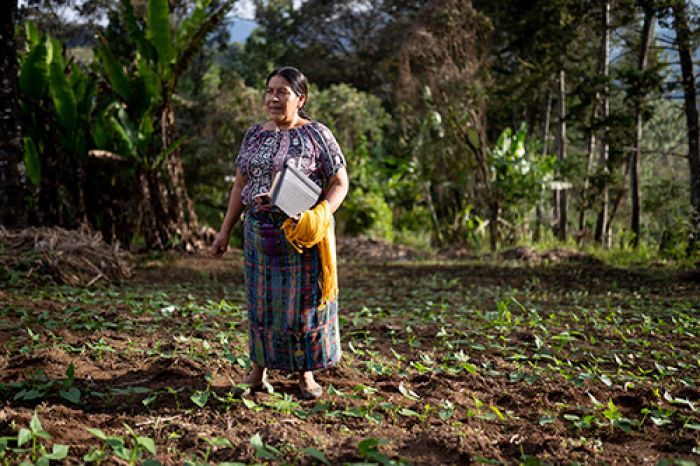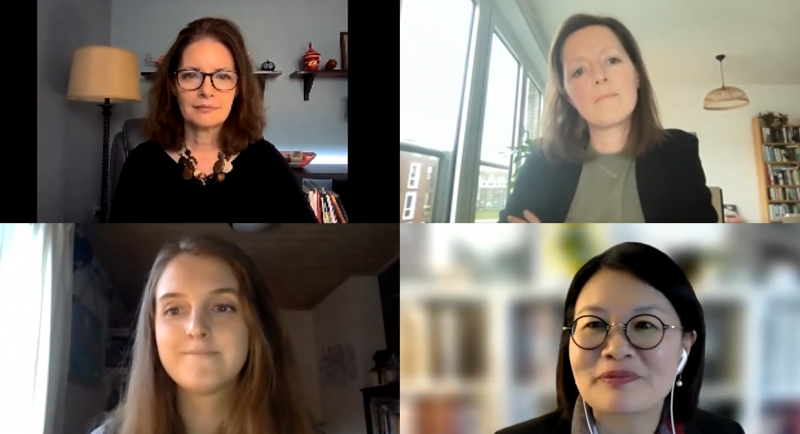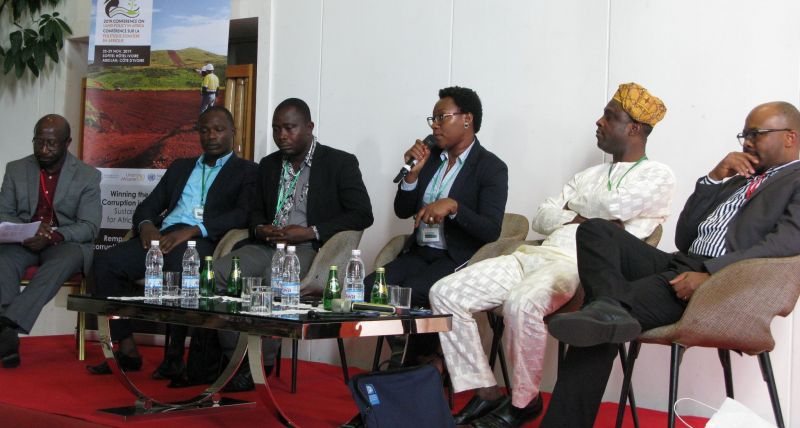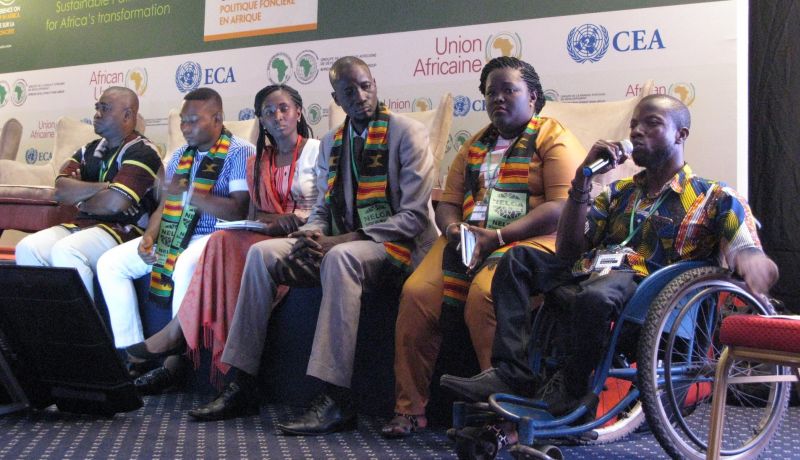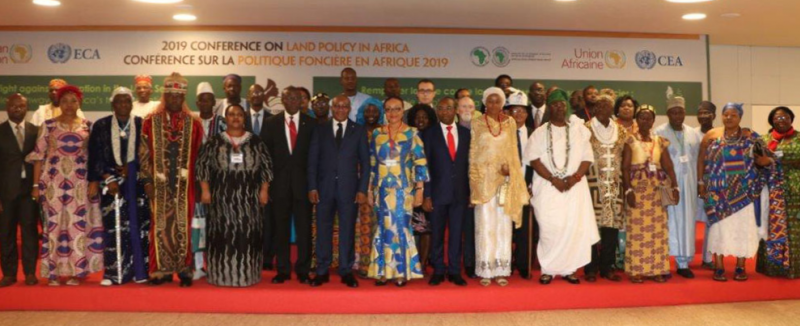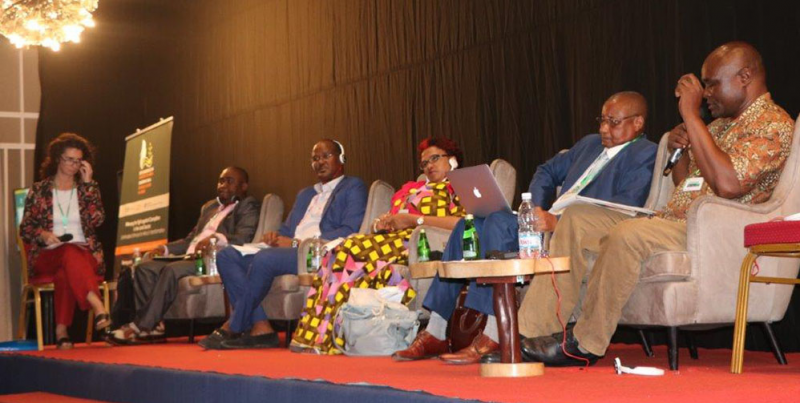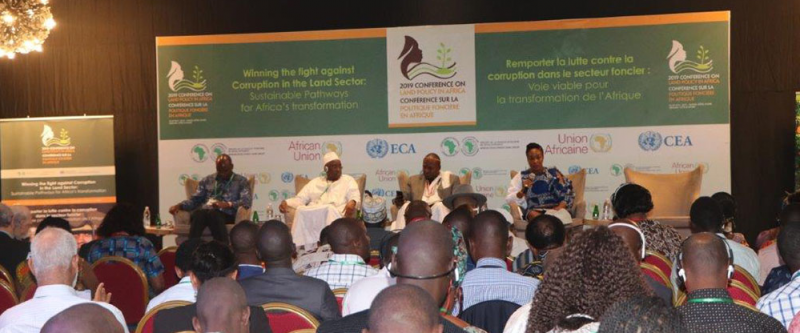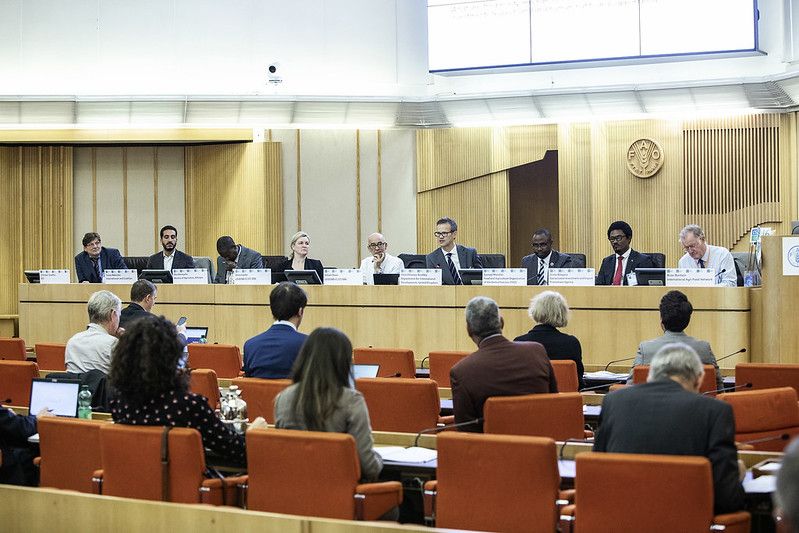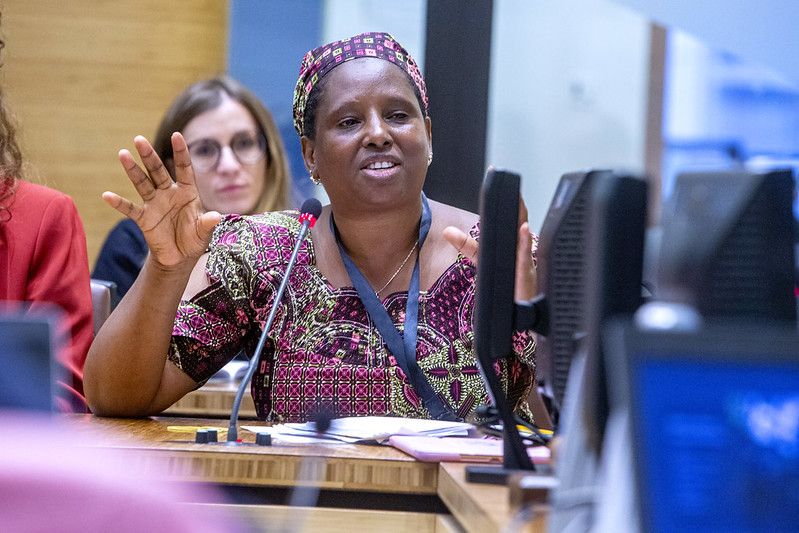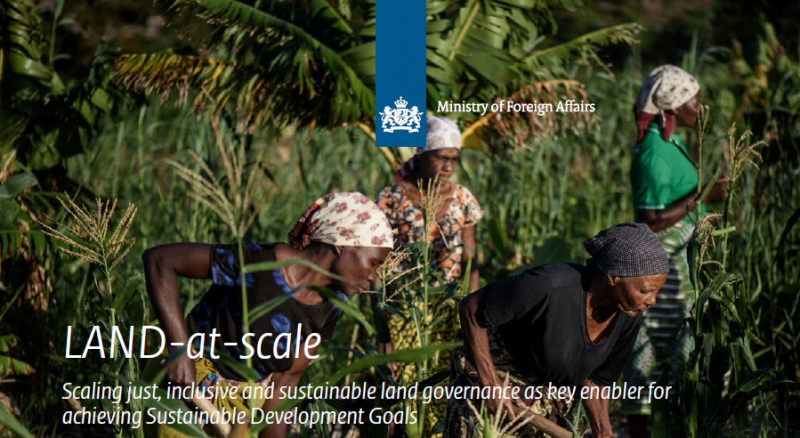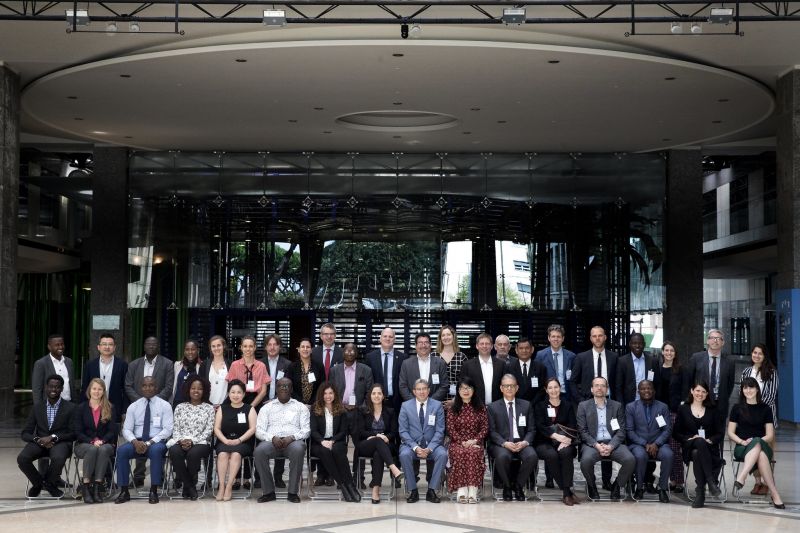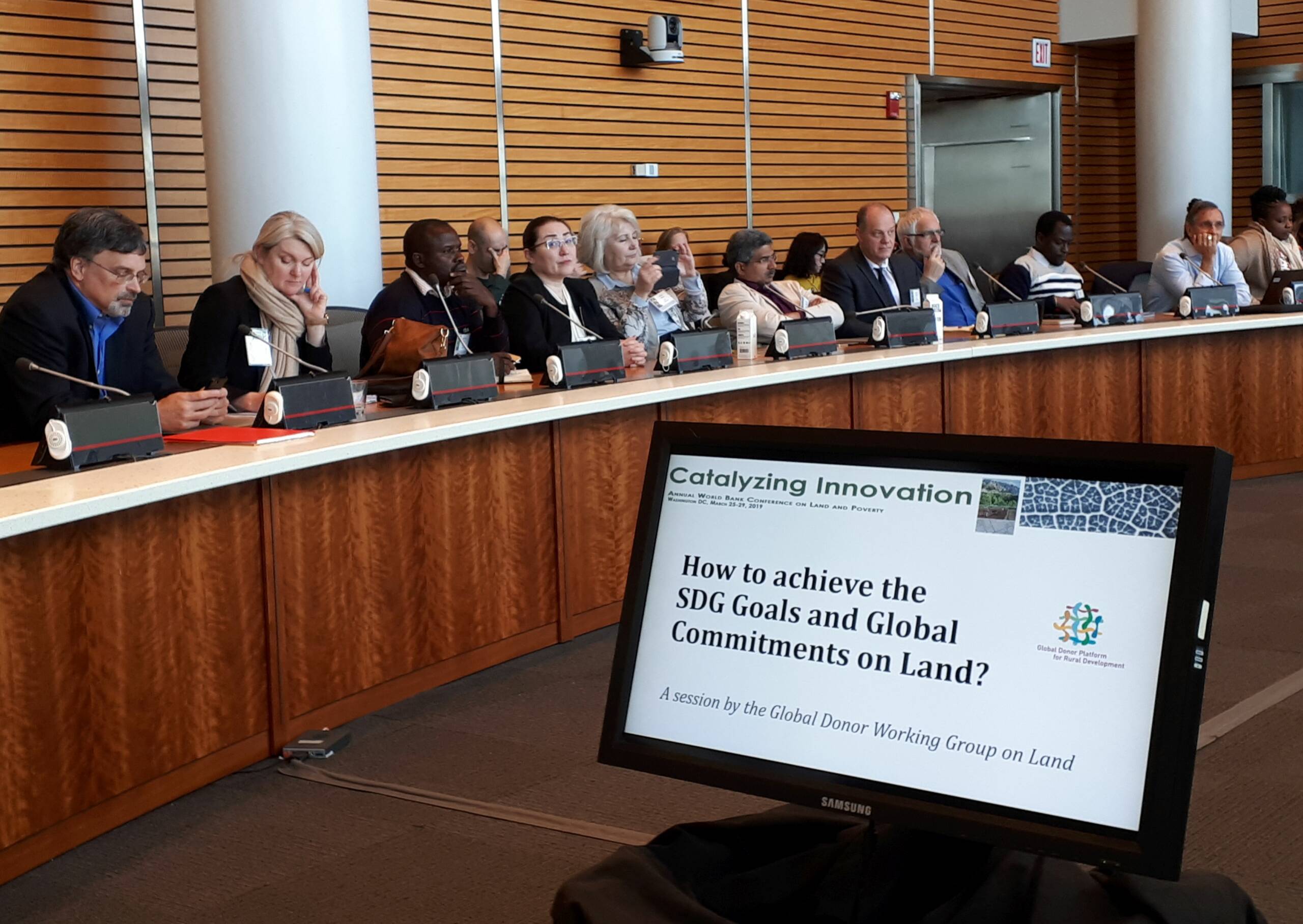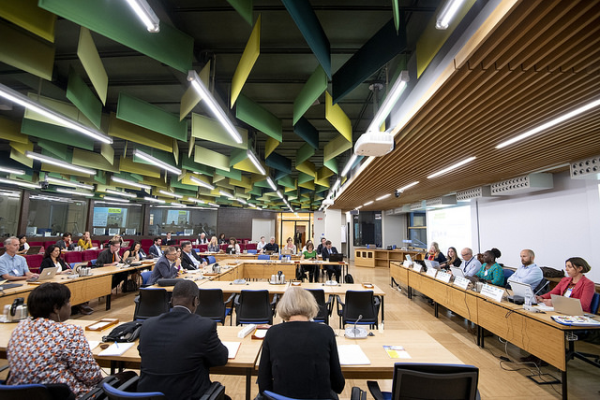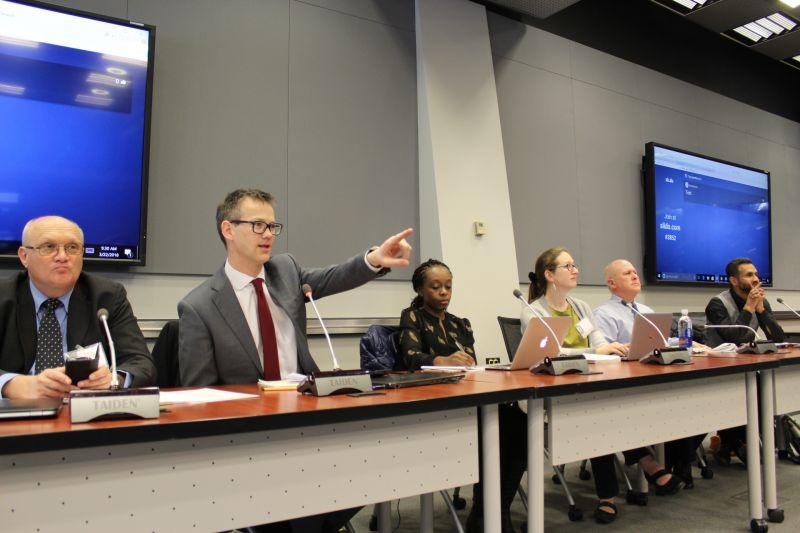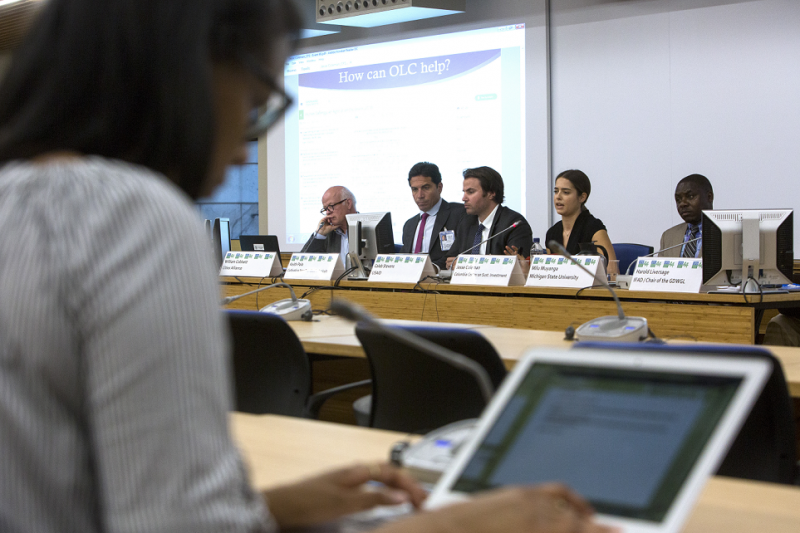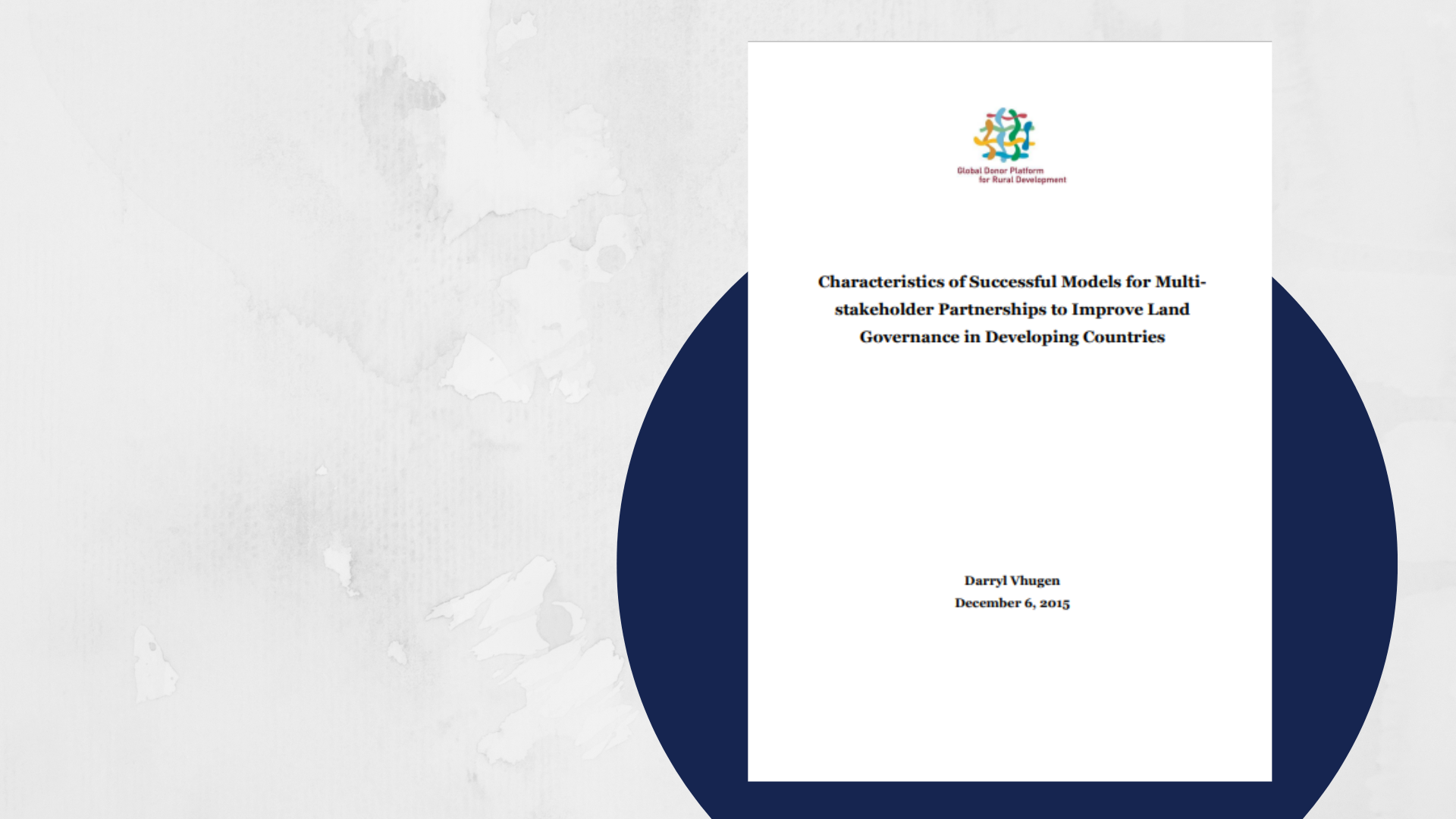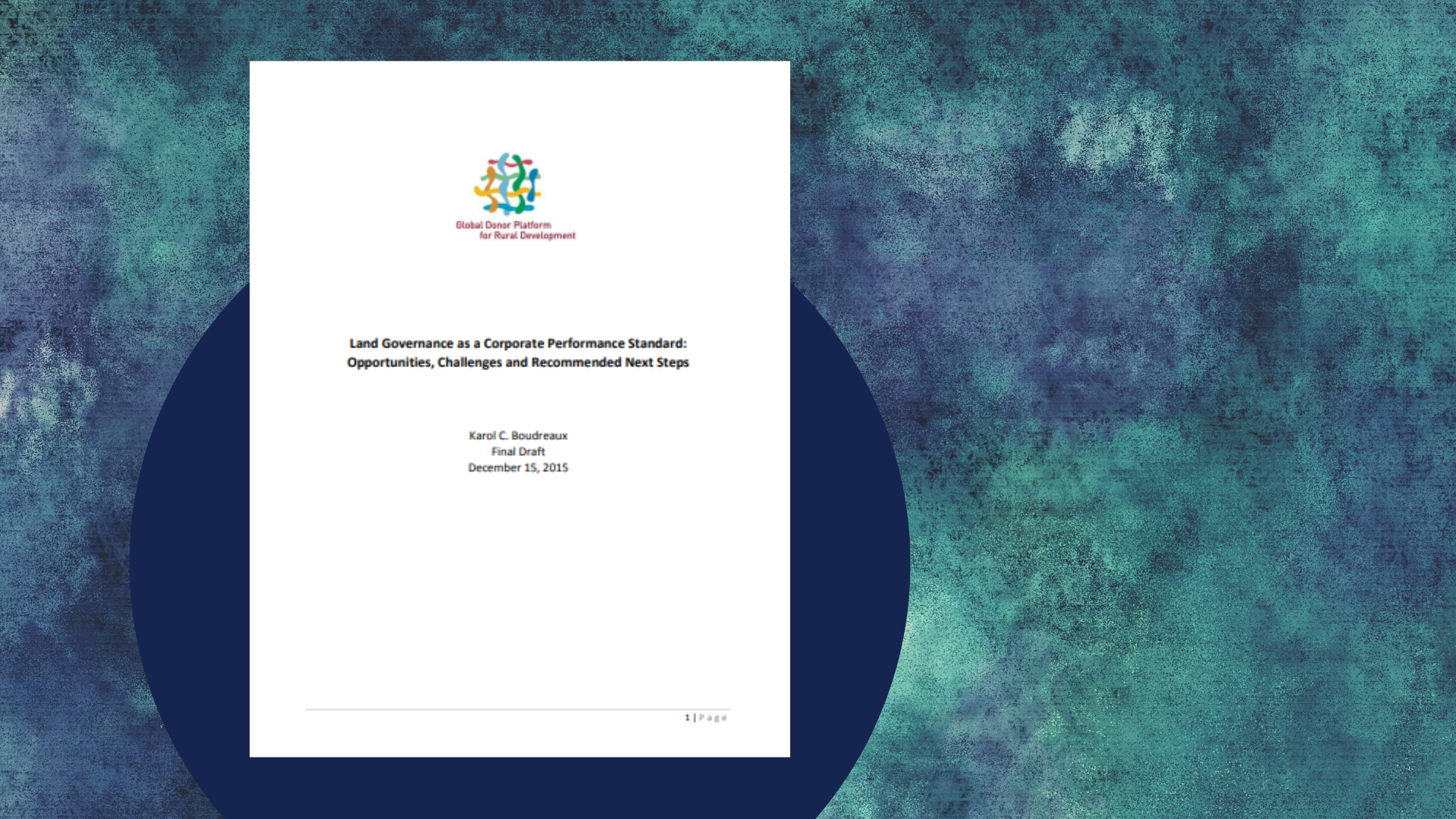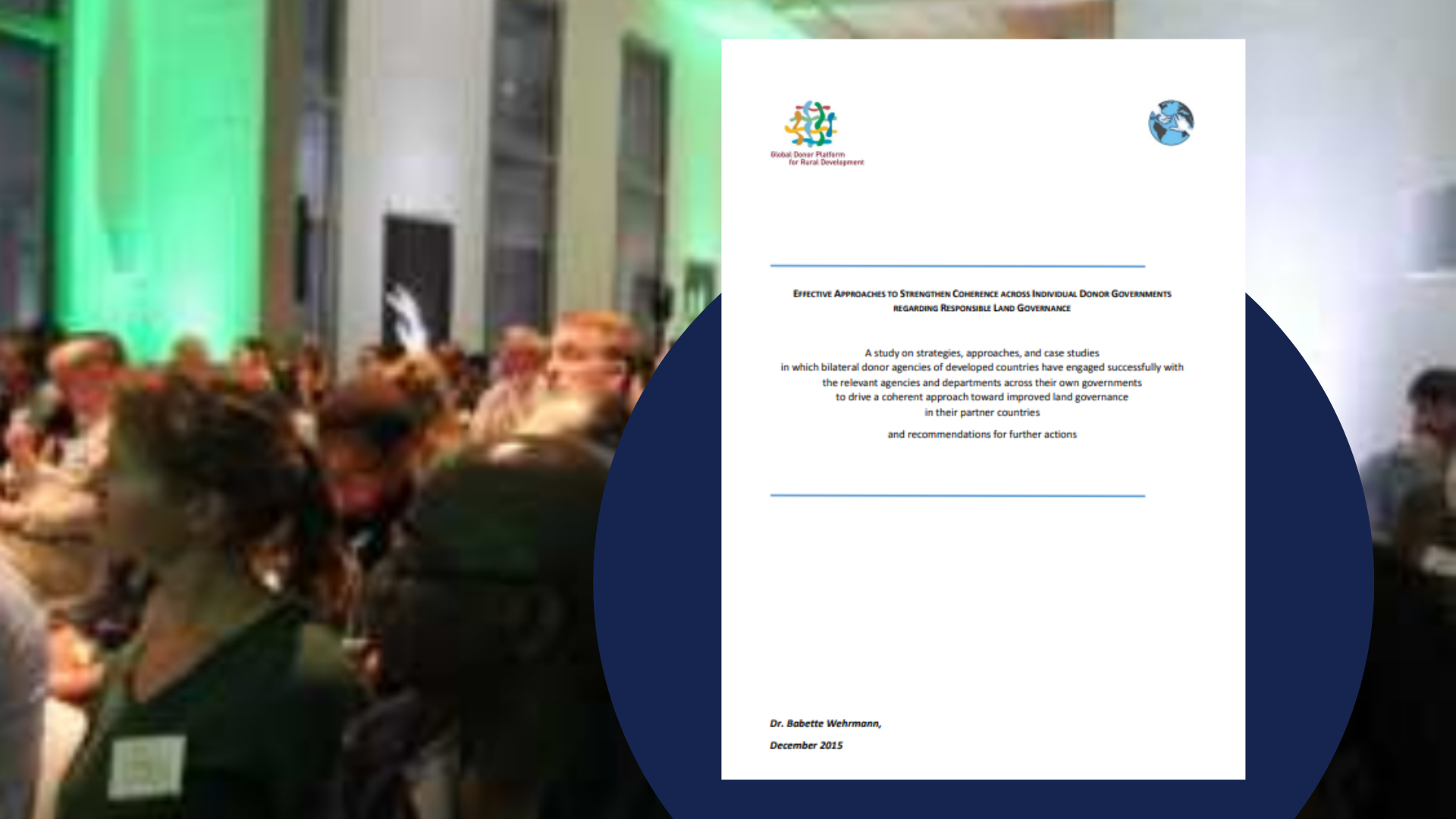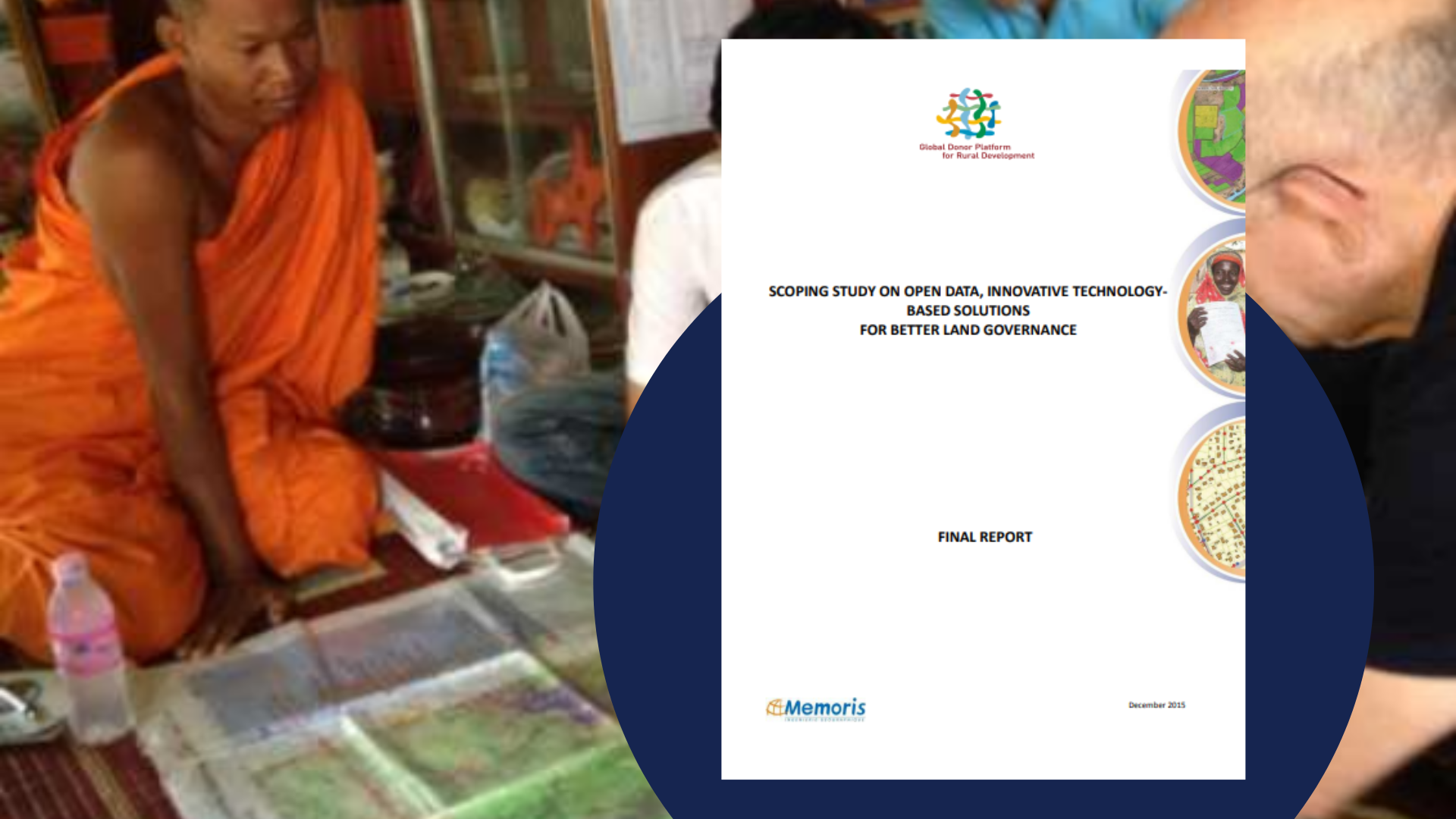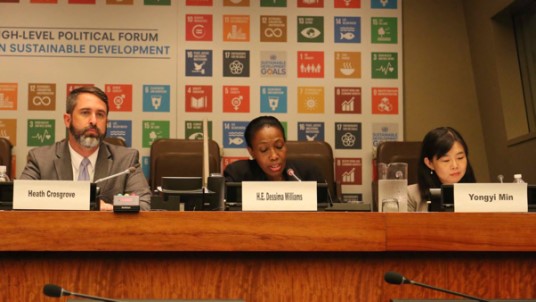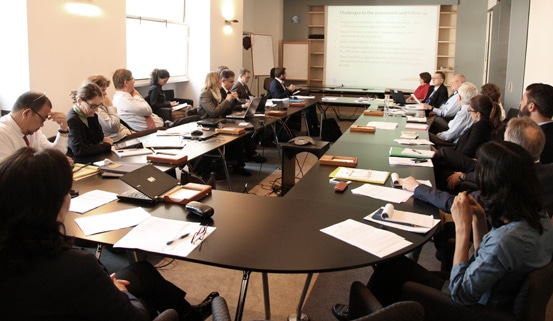Bandung | Indonesia | September 2018
by Romy Sato (Donor Platform), Robyn Stewart (ILC) and Giulia Barbanente (IFAD)
In times of growing competition over land and pressure over businesses for sustainable and responsible conduct, society often turn its eyes to large foreign agribusiness as the first key stakeholder to partner with or to blame in case of wrongdoing. But while these foreign investors can be of great importance for national economies, another stakeholder group often plays just as a great role (if not greater) in the welfare of a country: domestic investors. But who are they? And how are they supporting and/or challenging the responsible governance of land tenure and contributing to food security?
Links
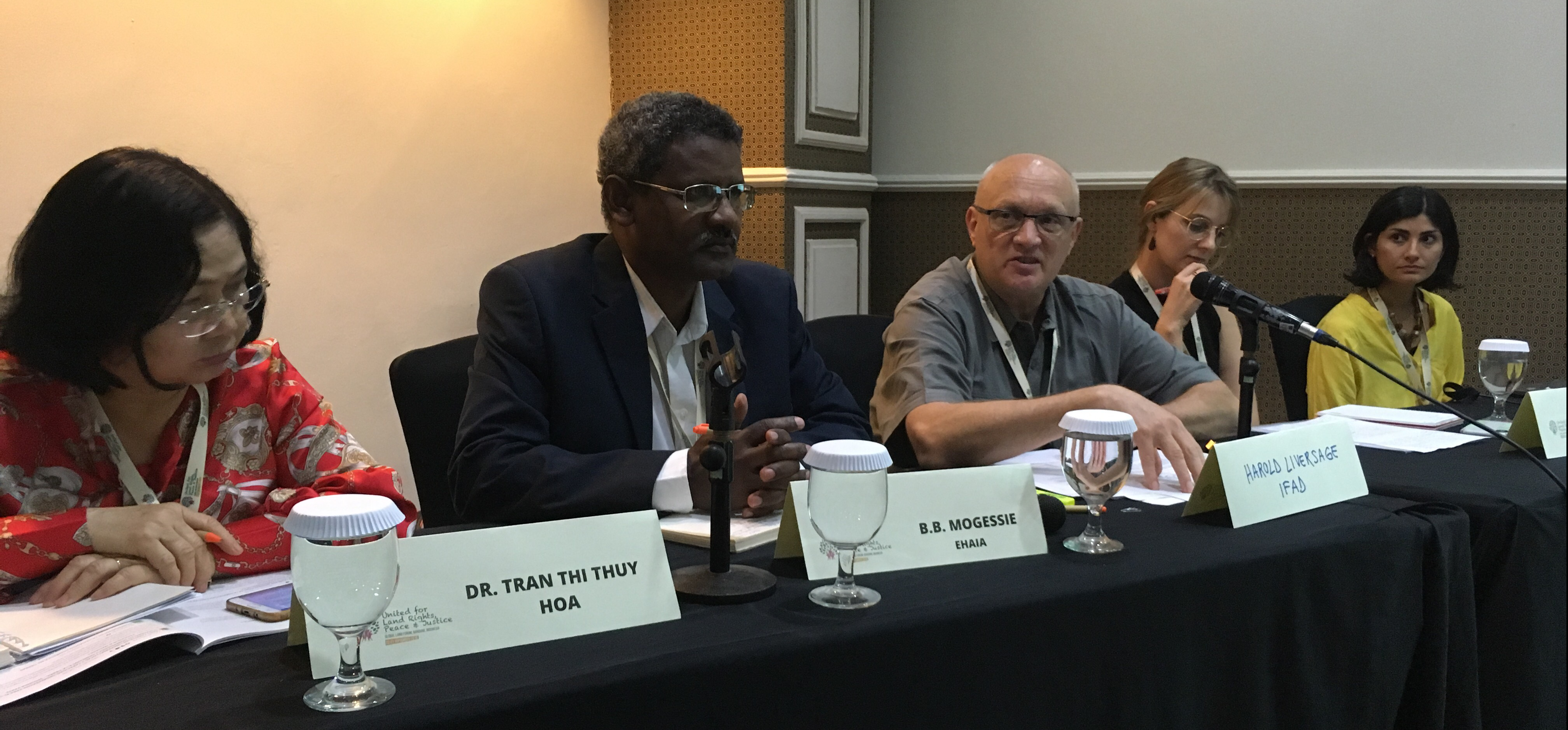
These were some of the questions addressed at a session organised by the Global Donor Working Group on Land at the 2018 Global Land Forum, in Bandung, Indonesia. Based on experiences from Asia and Africa, it discussed the need to better govern domestic investors, who are often overshadowed by large scale, foreign investors. Discussions surrounded the need for a paradigm shift towards improved recognition of smallholder investors, the importance of data and information, and the introduction of more substantial guidelines. The session was moderated by Harold Liversage, the land tenure specialist from IFAD, and included three speakers from civil society (CSO), government and farmers’ association.
‘Smallholders are also agricultural investors’
The first speaker was Justine Sylvester from Village Focus International, a CSO from Laos. Justine, who works closely with investors in Laos, explained that the global preoccupation with foreign agribusiness often fails to account for transboundary investments and smaller-scale and localised investments. This is problematic in regions where there has been a proliferation of smallholders planting cash crops, becoming commercialised and forming local level contracts with traders – of which the cumulative impacts are very significant.
Moving beyond the concept of domestic investments being only agribusinesses, Justine argued in favor of a paradigm shift to acknowledge that smallholders are agricultural investors in their own right. In this sense, she highlighted the huge potential for CSOs to work with domestic investors (and local governments) to operationalize global guidance and standards – putting into practice the VGGT, RAI Principles, FPIC, etc.
This perspective has opened the door to work with smaller companies, helping to integrate responsible principles into the institutional framework and working towards agreement contracts that are culturally appropriate. Concluding, Justine argued that civil society needs support to continue promoting responsible agricultural investment and engaging with domestic investors.
The need for a roadmap for domestic investors
Benzualem Mogessie, from the Ethiopian Horticulture and Agricultural Investment Authority (EHAIA), explored the challenges to managing domestic investment from a government’s perspective. He explained that weak institutional capacity is often the main reason of conflicts between investors and communities – a problem that can be largely addressed by clear guidelines to domestic investors combined with effective land use plan and policy. He explained that there is a severe capacity gap in current agricultural investments and the need to adapt these investments to the local context. The translation of the VGGTs into local languages, for example, have recently allowed to breach this gap and the fruition of the guidelines at the local level. There is further need for a support system for local investments, which helps to address burocratic constraints and provides incentives for investment. Another major issue is corruption, which affects decision-making about how to distribute land, where and to whom land should be assigned. Mogessie was then asked about the potential of a paradigm shift towards recognising domestic, smallholder investors in their own right and the implications on government and policy. He argued that such a shift requires policies that better recognize livelihood systems and farmers’ local land practices. This can be done through working with local governments, helping to build the capacities of local people dependent on the land.
Better data to minimize risks for smallholders
The third speaker was Dr. Tran Thi Thuy from the Vietnam Rubber Association. Based on her experience in the rubber industry, she addressed the advantages and risks of domestic farmers versus foreign investors. She explained that the world demand on natural rubber encourages the development of rubber plantations and creates important income for more than 5 million smallholders in an area of about 14 million ha. At the same time, smallholders are increasingly being exposed to the risk of being forced out of business as a result of oversupply by foreign investors, attracted by good rubber prices. To better manage these risks, Dr. Tran argued that professional associations can make the link between agribusinesses and CSOs/NGOs to support farmers and growers developing sustainable rubber plantations which mitigate economic as well as socio-environmental risks and follow the “Zero-deforestation” policy. Regarding the need for better data and information on domestic investments, Dr. Tran explained that, particularly in Vietnam, it is important to disseminate information in order to understand the situation of the rubber markets, of supply and demand and prices. She also said that a better database of the rubber sector in Vietnam would help growers to work according to international standards, complying to guidelines surrounding responsibility, transparency and sustainability.
Expanding knowledge on domestic investors
During group discussions, participants raised the following gaps to better understand domestic investments:
- It is important to distinguish between the different types of domestic investors. For example, one could link the profile of domestic investors to the commodity that they are produced, which may represent a very different context from other commodities
- Another distinction should apply: whether investors are women and how they are investing in the land (the gender perspective)
- Discussions on domestic investors should also address the role played by land tenure security in the confidence of small farmers to invest in the land





